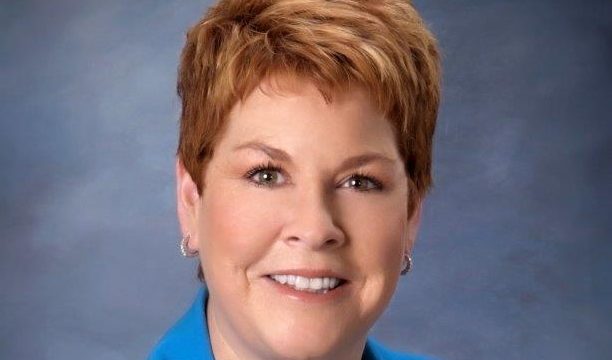Treasurer Kelly Schmidt: How Congress Can Support Investment in Our Communities

This guest post was submitted by North Dakota Treasurer Kelly Schmidt
As state and municipal finance officers, we have a responsibility to safely and prudently manage the investment of taxpayer funds. For more than 40 years, money market funds have supported that objective by providing access to convenient and safe cash management accounts that pay higher yields than bank deposits, and lending money to invest in communities at a lower cost.
Unfortunately, our ability to utilize these tools has been diminished by a federal regulation that has done little to protect investors and borrowers. Instead, it has protected the largest Wall Street financial firms from regulatory oversight, and subsidized U.S. government debt at the expense of state and local government needs.
In July 2014, the world’s largest asset management companies cut a deal with the Securities and Exchange Commission (SEC). It prevents prime and tax-exempt money market funds from offering shares to state and local governments, businesses, pension funds and non-profit organizations using a stable net asset value (NAV). Under this rule, only funds investing solely in U.S. government securities or offered only to certain retail investors who are “natural persons” may continue to use a stable NAV.
[mks_pullquote align=”left” width=”300″ size=”24″ bg_color=”#ffffff” txt_color=”#000000″]Enacting the bipartisan Consumer Financial Choice and Capital Markets Protection Act is one thing Congress can do to benefit our local communities and job creators in North Dakota and throughout the country.[/mks_pullquote]
A stable NAV is important because most state and local governments are subject to policies and restrictions permitting them to invest seasonal cash balances only in investments that do not fluctuate in value. The obscure rule change caused more than $1 trillion of private sector liquidity – roughly 80% of prime and municipal money fund balances – to be shifted to U.S. government funds. This was a benefit to the federal government, but it inflicted significant costs on municipalities and businesses in the form of higher borrowing costs and lower returns on invested cash.
In North Dakota, the effect has been profound. Total money market fund holdings of state and municipal debt declined by 68 percent. Between January 2016 and August 2017, as the market was adjusting to the rule, municipalities in our state that issue variable rate demand bonds saw their borrowing costs nearly double the Federal Reserve’s rate increases over the same period. At the same time, they have been steered into very low yielding U.S. government backed funds, thereby harming their ability to manage their cash flows.
Both the National Association of Counties (NACo) and the State Financial Officers Foundation (SFOF), of which I am a founding member, recognized the seriousness of this problem. They have adopted resolutions calling on Congress to enact bipartisan legislation to restore stable value money market funds both as an investment option for state and local governments, and as a source of capital availability for investments in public infrastructure and economic development.
That legislation is the Consumer Financial Choice and Capital Markets Protection Act (S. 1117 in the Senate and H.R. 2319 in the House). It would reverse the adverse consequences of the SEC rule and allow state and local governments to invest cash balances in high-quality, low-risk stable NAV prime money funds. It will also reduce the cost of financing the maintenance and construction of schools, hospitals, affordable housing, utilities and other badly needed infrastructure improvements.
Enacting the bipartisan Consumer Financial Choice and Capital Markets Protection Act is one thing Congress can do to benefit our local communities and job creators in North Dakota and throughout the country. The success of this legislation requires the support of our North Dakota congressional delegation, and we need them to make this a top priority in 2018.




